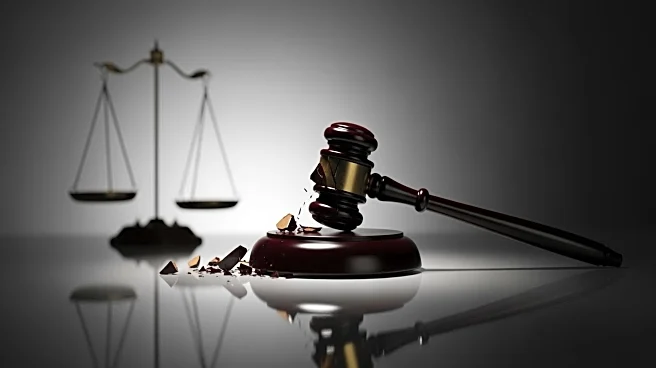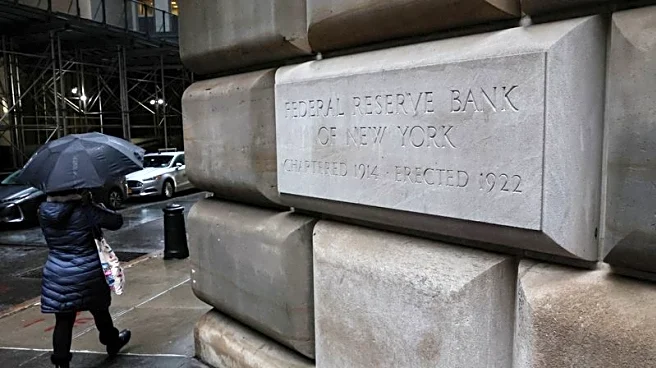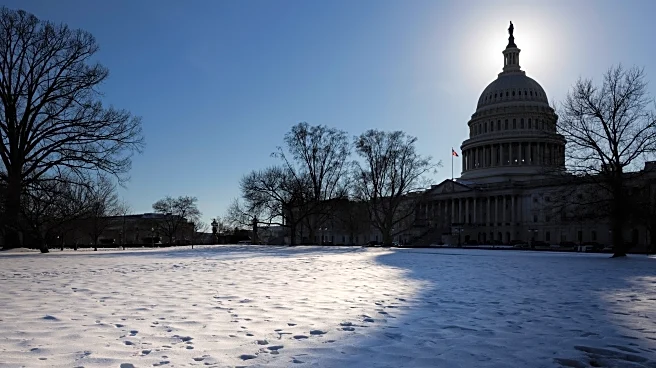What's Happening?
Erez Reuveni, a former attorney in the Department of Justice, has come forward with allegations of misconduct within the department, particularly concerning the handling of deportation cases. Reuveni claims
that he witnessed government lawyers lying in court and evading judicial orders, which led to his dismissal from the department. His allegations center around the use of the Alien Enemies Act by the Trump administration to deport over 100 Venezuelans without due process, labeling them as terrorists. Reuveni's refusal to sign a brief falsely labeling a Salvadoran man, Kilmar Abrego Garcia, as an MS-13 gang member and terrorist resulted in his termination. The case has raised concerns about the integrity of the Justice Department and its adherence to legal and ethical standards.
Why It's Important?
The allegations made by Reuveni highlight significant concerns about the rule of law and due process within the U.S. legal system. If true, these actions could undermine public trust in the Justice Department and its ability to enforce laws fairly and impartially. The case also raises questions about the treatment of immigrants and the potential abuse of power by government officials. The broader implications could affect U.S. immigration policy and the rights of individuals facing deportation. Legal experts and civil rights advocates may push for reforms to ensure transparency and accountability in government actions.
What's Next?
The whistleblower disclosure filed by Reuveni, along with the involvement of the Government Accountability Project, may lead to further investigations into the Justice Department's practices. Courts across the country are likely to scrutinize similar cases, potentially leading to legal challenges and policy changes. The Supreme Court's unanimous decision that the deported Venezuelans were entitled to their day in court could set a precedent for future cases. Stakeholders, including lawmakers and civil rights organizations, may advocate for legislative measures to protect due process rights and prevent misuse of wartime laws.
Beyond the Headlines
The ethical implications of Reuveni's allegations are profound, as they question the moral responsibilities of government lawyers and their commitment to justice. The case also highlights the potential for political influence to compromise legal integrity, raising concerns about the separation of powers and checks and balances within the U.S. government. Long-term, this situation could lead to a reevaluation of the Justice Department's role and the need for reforms to safeguard against similar abuses.












